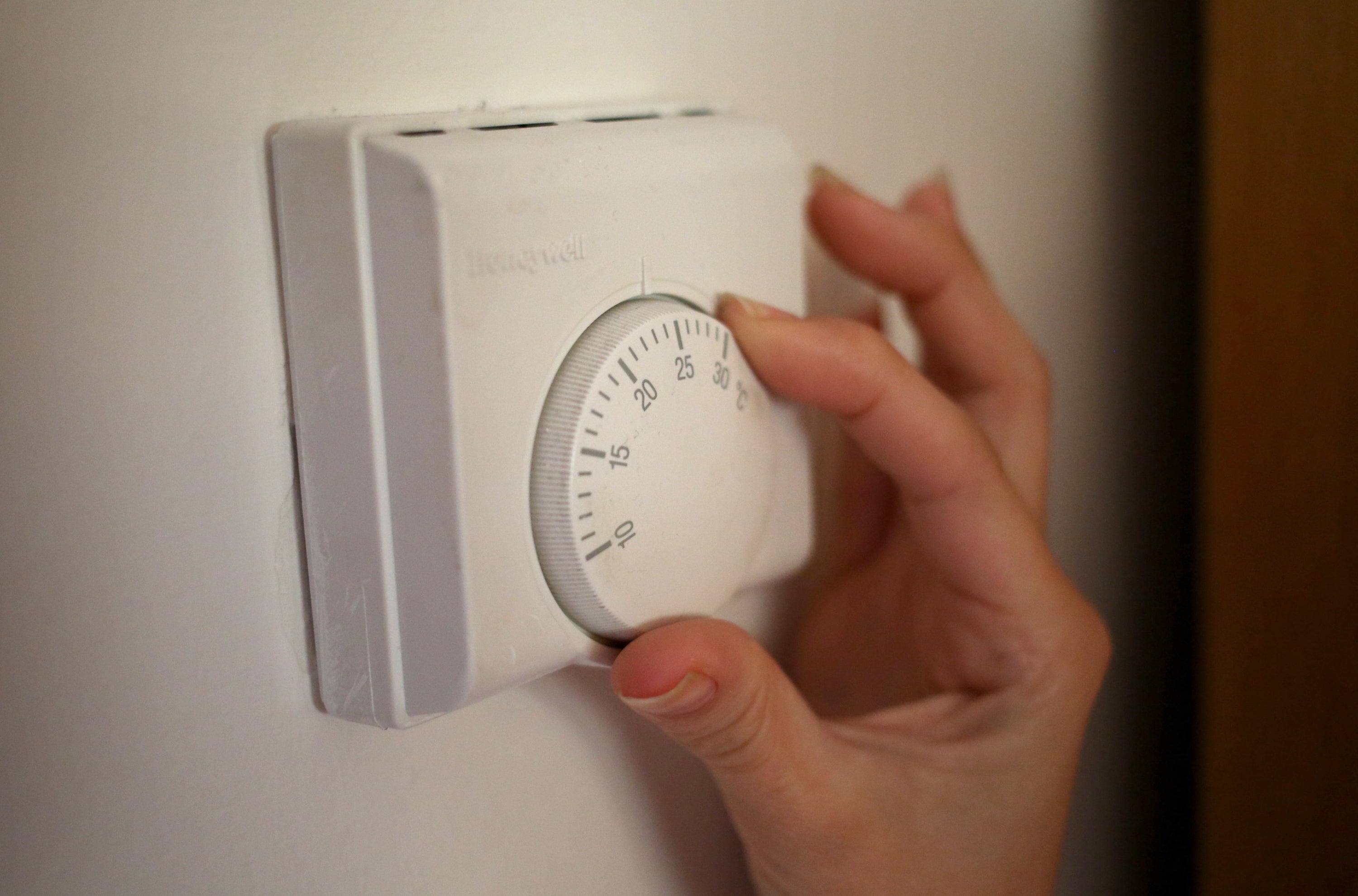More than a third of Brits unable to heat homes to ‘comfortable warmth’
Threat potential hikes are posing to people’s financial, physical and mental stability “should be a source of shame” for government, one charity told Emily Atkinson

More than a third of Britons are unable to afford to heat their homes enough to be comfortably warm, a new survey suggests.
It comes as energy bills are forecast to shoot up by 50 per cent within months should the government fail to intervene.
A number of charities have warned that, without additional support, millions of low-income households are at risk of being forced to ration or turn off their heating to avoid falling into serious debt.
The new energy price cap will be announced on 7 February, with average bills predicted to soar by some £700 to £2,000.
The threat the potential hikes are posing to people’s financial, physical and mental stability “should be a source of shame” for the government, one charity told The Independent
According to recent YouGov polling, 37 per cent of people living in the UK say that, when temperatures drop over the winter months, they are unable to heat their homes to a level where they feel comfortably warm.
Almost half (49 per cent) of people from households with a combined income of less than £15,000 a year say they cannot afford to heat their home to a comfortable temperature when it is very cold outside.
Of this group, a third have been able to heat their homes to a level where they are warm, but not as warm as they would like, 11 per cent can fend off the worst of the cold and the remaining 6 per cent cannot afford to heat their homes at all.
Fuel poverty charity National Energy Action (NEA) said the current rate at which energy bills are soaring is “already terrifying” and “hitting millions of households on the lowest incomes the hardest”.
“Without any additional support, millions more households will sink further into debt, and many will turn off the heating, leaving them at acute risk of serious ill-health and putting further unwanted strain on our already stretched health services,” Peter Smith, the NEA’s director of policy and advocacy, told The Independent.
“There are several steps that can be taken now to offset this misery and we are urging the UK Government and regulator to urgently respond to the scale of this crisis.”
Mr Smith’s comments were echoed in a new analysis published by the Joseph Rowntree Foundation (JRF) earlier this month, which found that low-income households have to spend on average 18 per cent of their income after housing costs on energy bills come April.
For one-adult households, this figure skyrockets to 54 per cent - an increase of 21 per cent on 2019/20.
Meanwhile, single parents and couples without children will need to shell out around a quarter of their incomes on energy bills, a jump of almost 10 percentage points in the same year.
The social change organisation has urged the government to take action to meet the imminent financial precarity the energy price cap is posing, so as to not allow “the rising cost of living to knock people off their feet.”
Katie Schmuecker at the JRF said: “The reality for many families is that too many children know the constant struggle of poverty. The fact that more children are in poverty and sinking deeper into poverty should shame us all.
“The case for targeted support to help people on the lowest incomes could not be clearer. But this must go hand in hand with urgent action to strengthen our social security system, which was woefully inadequate even before living costs began to rise.
She added: “Our basic rate of benefits is at its lowest real rate for 30 years and this is causing avoidable hardship. The government must do the right thing and strengthen this vital public service.
“Rising energy prices will affect everyone, but our analysis shows they have the potential to devastate the budgets of families on the lowest incomes. The Government cannot stand by and allow the rising cost of living to knock people off their feet.”
The UK’s largest charity for elderly people has also expressed its deep concern that the energy price hikes will propel tens of thousands more older people into fuel poverty.
A poll published by Age UK on 21 January found that over 80 per cent of over-65s think the government should step in to help poorer older people avoid having to ration their fuel in order to save money.
In addition, 62 per cent of those in the same age bracket - equivalent to 7.8 million older people – are worried about heating their homes. Six weeks ago, the figure was just 43 per cent.
The charity’s director, Caroline Abrahams, told The Independent: “The number of older people who are worried about being able to heat their homes and should be a source of shame for this government.
“Millions of older people across the UK are absolutely dreading the imminent price cap announcement and urgently need reassurance that help is on its way so they can keep their heating on.
“This is a national crisis which needs a swift and decisive response from ministers.
“Energy price rises on the scale we are now seeing are unprecedented and the government’s response must be equal to the threat they pose to older people, many of whom are vulnerable and struggling to afford exorbitant bills on a meagre state pension.”






Join our commenting forum
Join thought-provoking conversations, follow other Independent readers and see their replies
Comments